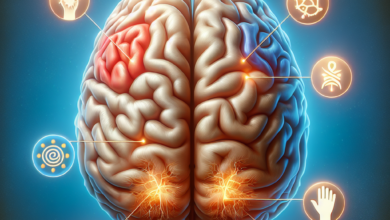Psychological Stress and Mental Health: The Impact and Management Strategies

Psychological Stress and Mental Health: The Impact and Management Strategies
Stress is a ubiquitous part of everyday life. As April is National Stress Awareness Month, it’s essential to shed light on the impacts of psychological stress and its links to mental health. Chronic stress can trigger hormones that affect heart rate, blood pressure, and blood sugar. Although these responses evolved to protect against threats, they can now lead to chronic health issues and accelerate biological aging.
Chronic stress can lead to a plethora of mental health problems, physical symptoms, and chronic diseases. A psychiatrist specializing in psychosomatic medicine explains the concept of toxic stress and its effects on physical and mental health. High levels of stress over a lifetime can accelerate aging and lead to health issues similar to smoking and low socioeconomic status. Furthermore, toxic stress can lead to persistent symptoms such as headaches and fatigue, eventually culminating in a full-blown illness.
On the other hand, positive stress or challenges that we can manage can be beneficial for our health. However, stress becomes a problem when it’s constant. Warning signs of excessive stress are mental health concerns and physical manifestations. Unhealthy coping mechanisms, such as alcohol and drug use, can serve as red flags for underlying stressors. Therefore, stress should be addressed as a health priority, as it can have negative effects on overall well-being.
Effective ways to manage stress include self-awareness, avoiding unhealthy coping mechanisms, and lifestyle changes, known as ‘lifestyle medicine.’ Activities like exercise, deep breathing, mindfulness meditation, walking, and hobbies can help relieve stress. Nutrition also plays a crucial role in stress management, with healthy eating habits being highly important. For stressors that cannot be changed, it’s important to focus on self-care, stress management techniques, and finding time for activities one enjoys. Prioritizing overall health and seeking help when needed can also combat the negative effects of stress.





